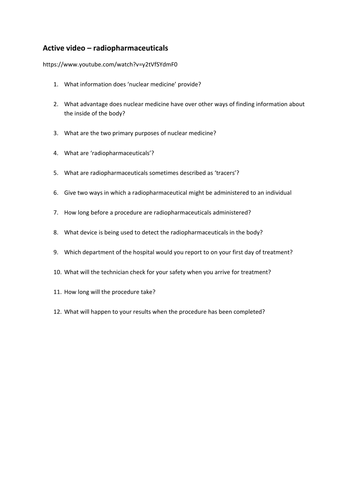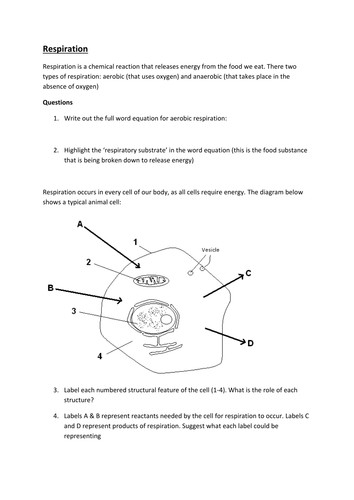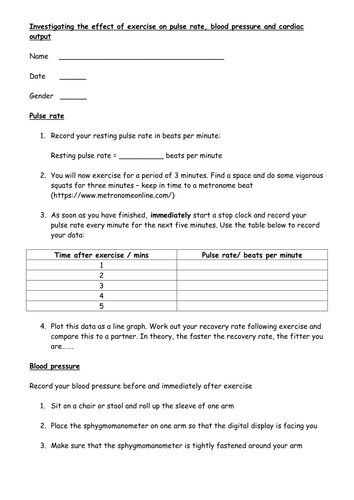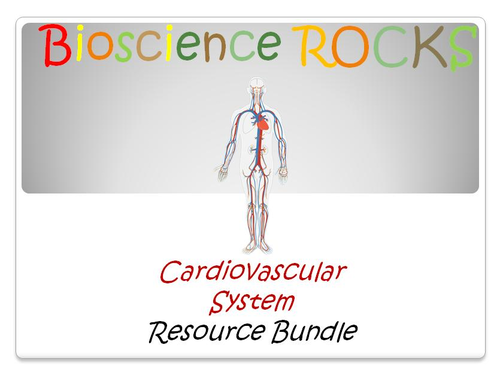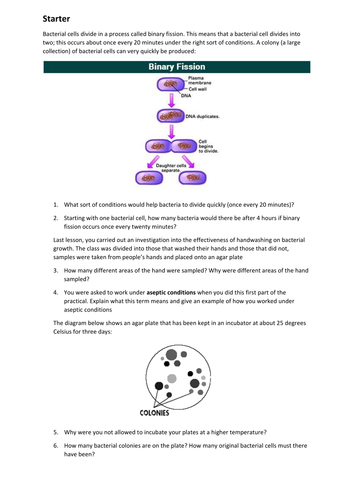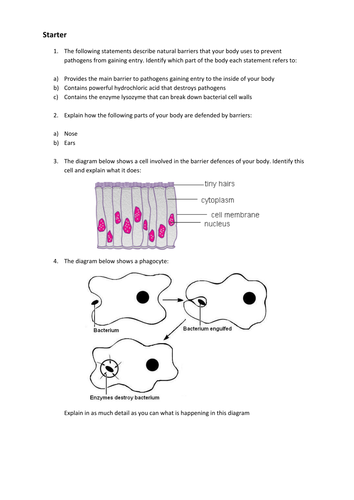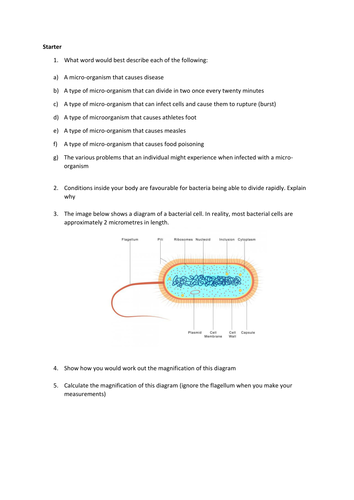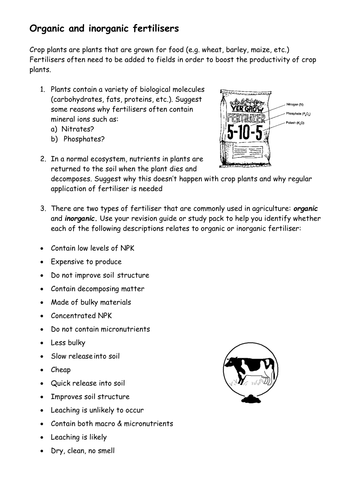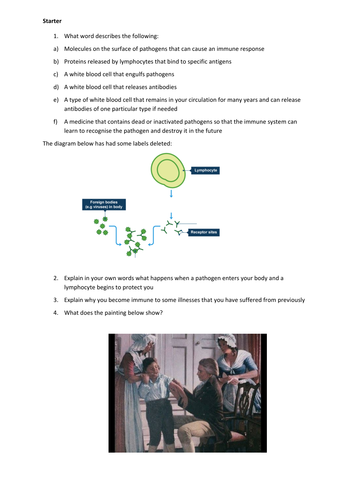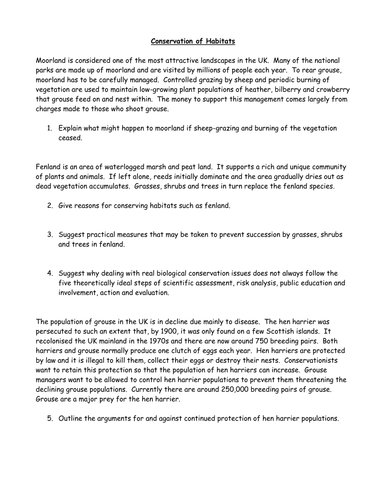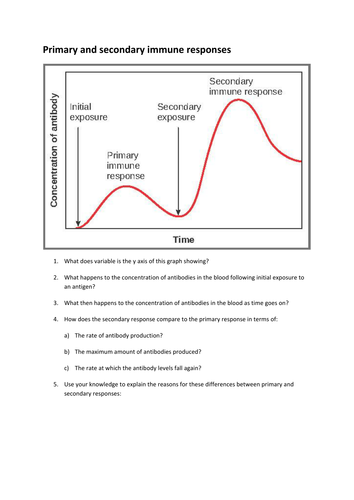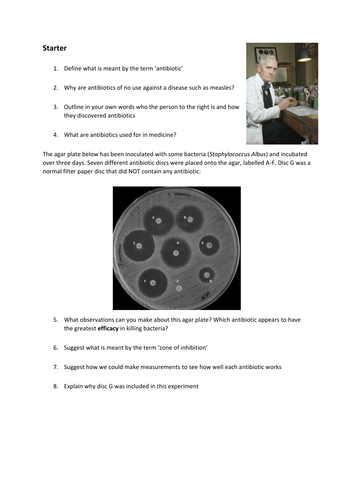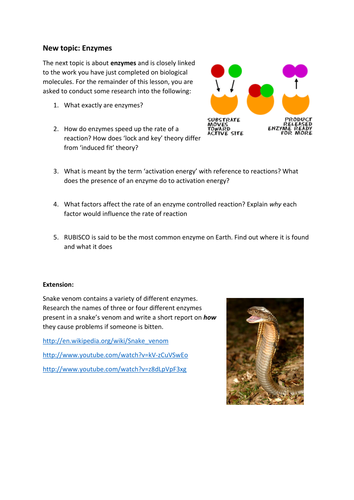Bioscience Rocks
Bioscience Rocks is a shop that specialises in resources for A-Level Biology and Applied Science students. The resources include a range of activities, starters, worksheets and powerpoints, all of which have been used successfully with students of a wide range of abilities. The author is a National Expert Teacher of Science (awarded by National Science Learning Centre) and also a National Space Academy Lead Educator with a long track record of producing high quality educational resources.




